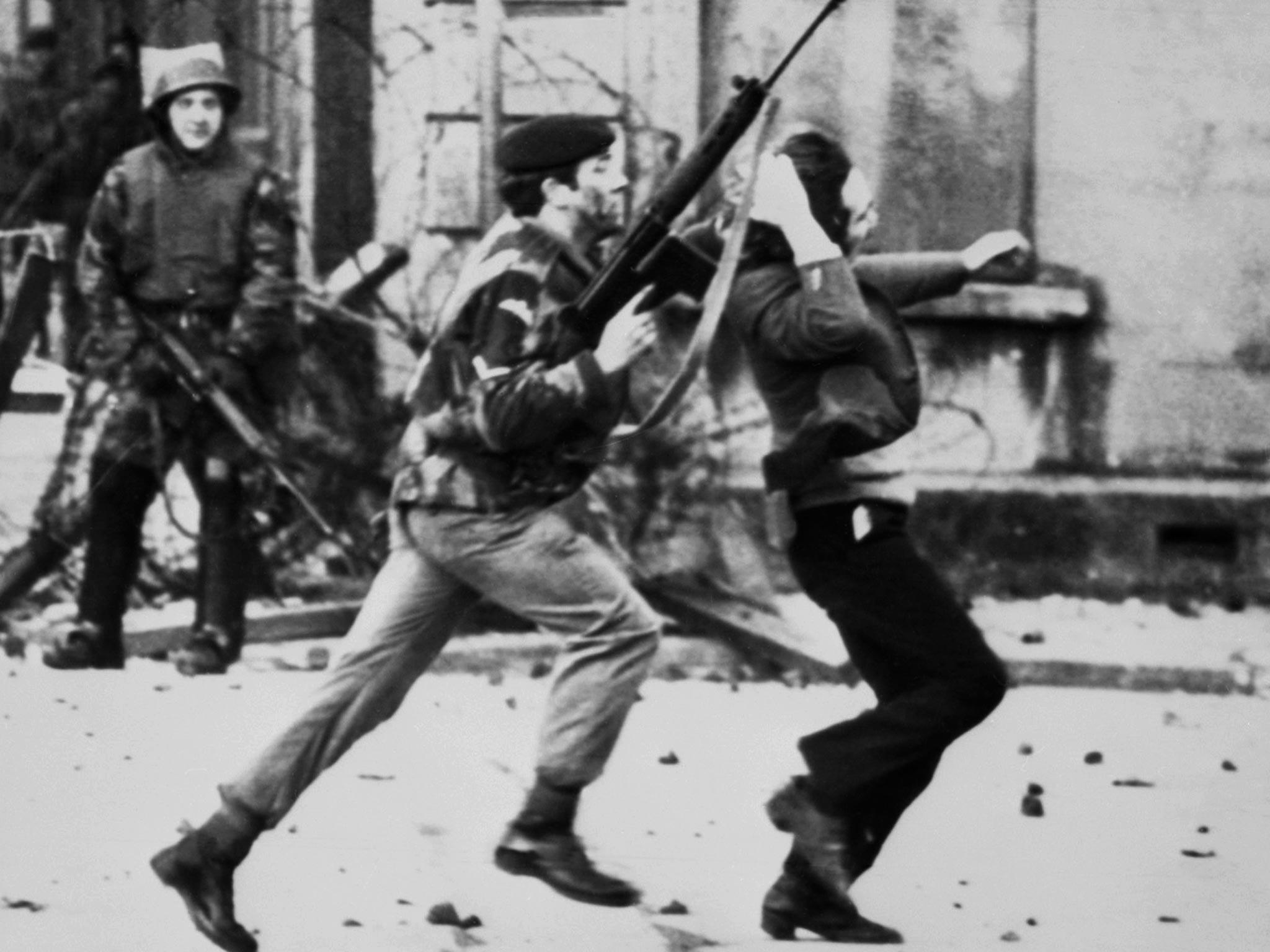Peter Hain calls for 'Bloody Sunday' amnesty

The former Northern Ireland Secretary Peter Hain called on Sunday for an amnesty for British soldiers involved in the Bloody Sunday killings as part of a wider plea for Ulster to move beyond the era of the Troubles.
The Labour MP said it was incumbent on politicians to stop poring over atrocities committed on both sides during the conflict following the crisis sparked by the disclosure last week that Republican terrorism suspects were sent so-called “comfort letters” saying they were no longer wanted.
The Police Service of Northern Ireland (PSNI) launched a murder investigation in 2012 into the Bloody Sunday deaths of 14 civilians at a civil rights march in Londonderry in February 1972 after British Paratroopers opened fire.
Detectives have said it could take up for four years to complete the investigation, which was launched in the wake of 2010 Saville Inquiry report after it found the Paras had fired the first shots and were to blame for the tragedy.
Mr Hain, a former Cabinet minister who was Northern Ireland Secretary from 2005 to 2007, also said it was risible for leading politicians to claim they had no knowledge of the 187 letters sent to “on the run” IRA suspects offering assurances they were no longer wanted.
The decision to send one of the letters to convicted IRA man John Downey provoked the collapse of his trial for the 1982 Hyde Park bombing after a judge ruled it should be upheld despite prosecution claims it had been sent in error. Northern Ireland First Minister Peter Robinson said he had known nothing of the letters and threatened to resign unless an inquiry was launched.
Mr Hain said there was a need for a balanced approach with measures such as the letters. He told BBC News: “The job it seems to me of politicians and political leadership is to say we need to look to the future.
“And if you have addressed the question of former terrorists involved in activity, then it should apply even-handedly right across the board to members of the British security forces as well.”
The former minister underlined the difficulties of producing strong evidence for crimes committed more than 40 years ago and said security forces should be allowed to concentrate on current threats, such as that posed by dissident Republicans.
He said: “[British forces] may have done things - and certainly Bloody Sunday was an example - which were wrong; just as in the middle of the war or conflict some terrible acts of terrorism were committed by those on the other side of those fighting our forces.
“Instead of continually inquiring and having criminal investigations on all sides, it is important to cement in the current situation… rather than [be] continuously diverted to the past.”
Mr Hain is the latest figure to express concern at the potential prosecution of former British soldiers for the Bloody Sunday killings. General Sir Richard Dannatt, the former Chief of the General Staff, said it would be an “outrage” put servicemen on trial if suspected Republican terrorists have been granted an effective amnesty.
The PSNI has appealed for witnesses to the Saville Inquiry to provide statements to its investigation. Detectives have indicated up to 250 former British soldiers may be interviewed.
Bookmark popover
Removed from bookmarks